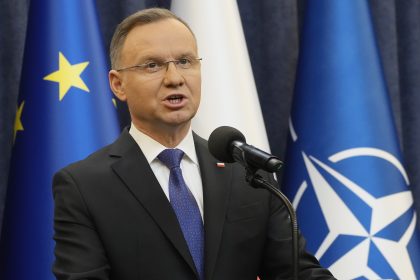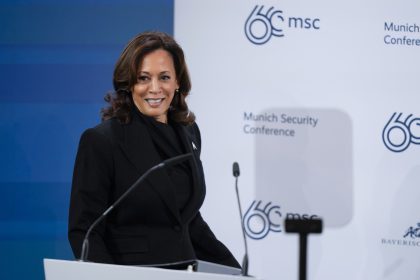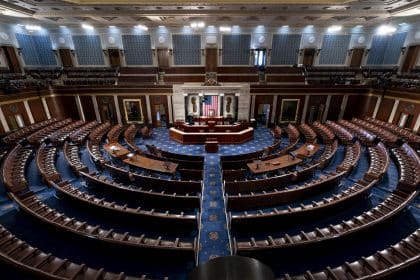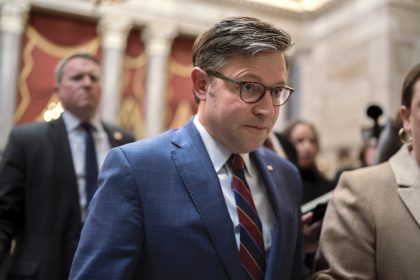Experts Say Global War on Terror a Failure
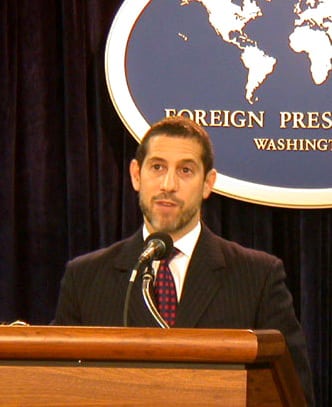
WASHINGTON — Amidst the 9/11 commemorations and the consternation caused by American troop withdrawals from Afghanistan, the Wilson Center invited experts to reflect on how actions of the last 20 years have changed the world in terms of conflict and regional instability, jihadism, politics, and U.S. global leadership.
“We have to look to the past to see the future,” Bruce Hoffman, professor at the Edmund A. Walsh School of Foreign Service and Senior Fellow at the U.S. Military Academy’s Combating Terrorism Center said. “I wish we could say we’d learned something from the past, but I think we patently have not.”
According to panelists, the threat from terrorism has evolved over the last two decades, with quadruple the amount of U.S.-designated terrorist groups now in existence. U.S. policies and the response to 9/11 may have ushered in more instability in southern Asia. And there is even an unprecedented cycle of jihadist mobilization in Western Europe.
“The ideology that underpins this [terrorist] movement continues,” Hoffman said. “We’ve relied overly on kinetic means and military force, and neglected other means that have to be brought into play.
“We keep repeating a mantra of wishful thinking… that only enhances and breathes new life into [combatant’s] struggles.”
Michael Kugelman, deputy director and senior associate for South Asia at the Wilson Center agrees that the emergence of new terror groups that did not exist pre-9/11 is one of the effects of American action. In the weeks and years following the 9/11 attacks, political turmoil associated with the invasion of Iraq and Afghanistan allowed al-Qaeda and other organizations to proliferate.
“Most damaging was the elimination of Osama bin Laden… and the effect our abrupt withdrawal had on the region,” Kugelman suggested.
Bin Laden, who it was believed had been studying how to transition al-Qaeda from terrorist group to political party, was killed in a U.S. raid in Pakistan in 2011. Despite the fact that every president since the War on Terror began has declared the end of al-Qaeda, the group currently operates with a global decentralized structure.
Hoffman echoed Kugelman in his belief that al-Qaeda and America’s current dealings with the Taliban in Afghanistan offer many parallels to the future of jihadism.
“If these struggles are divinely ordained, you don’t just give up,” said Hoffman.
Kugelman also doesn’t believe the Taliban has stopped looking to wage an insurgency against western influence as they impose their interpretation of Islamic law on Afghanistan.
“I don’t think the Taliban has changed at all,” he said. “The only changes are that they realize the importance of PR and legitimacy.
“The Taliban is looking for financial support… and they hope that there will be countries in the region — like China — that would have a much lower bar for recognition and assurances, and in time, provide financial support.”
Kugelman said that security threats to watch out for include stepped-up attacks by regional terror groups galvanized by the Taliban victory, intra-militant competition that could play out violently, and the potential for a long-range extended focus.
And these threats are global.
Fernando Reinares, senior analyst and director of the Program on Violent Radicalisation and Global Terrorism at the Elcano Royal Institute and professor of Political Science and Security Studies at Universidad Rey Juan Carlos in Madrid observes that western Europe is already experiencing the consequences of increased global jihadism and radicalization.
“Revenge is critical when talking about jihadist threats and not just about occupation. This very panel is an example of what Europeans are afraid of. We are dealing with the impact of 9/11, but it seems like [we only hear about] the U.S. having soldiers around the world. Europe also had a presence,” he said.
“Western Europe will become… the main scenario for jihadist attacks in the west in general,” Reinares predicted, also suggesting that recent U.S. actions “without proper consultations” have damaged trust in trans-Atlantic counterterrorism cooperation and would likely lead to Europe moving “away from U.S.-led counterterrorism.”
“If global jihadism is more [prevalent] than 20 years ago, then the global War on Terror has been a failure,” Reinares said.
“From the start of this struggle, President Bush said this would be a war of ideas, but that is not the case,” insisted Hoffman, because he and Nadia Oweidat, assistant professor of History and Security Studies at Kansas State University claim that power, not persuasion, was used to fight extremism.
“It’s been 20 years, but before that, there were another 20 or 30 years of investment… spending billions to educate,” said Oweidat, originally from Jordan. “I went to one of these schools. I know what they are taught. I’m actually surprised there is not more terrorism.”
Oweidat believes that soft power and western cultural thought may be the strongest weapons to use against jihadism.
“There are master narratives that recruiters use that appeal to Muslims no matter where they are. They address grievances that are not just economic, but even related to identity.
“All Extremist regimes understand the threat of [American soft power]. They go out of their way to censor it… Censorship is the means to an end of liberal ideas. So soft power has to go straight to [those] master narratives and challenge them on multiple fronts.
“The war of ideas is still in full bloom, it is not over yet, because the grievances are still there,” Oweidat explained. “We have never had representative governments. The modern building blocks of liberal democracies do not exist… Unless there are real democratic means, the unrest will continue.”


















